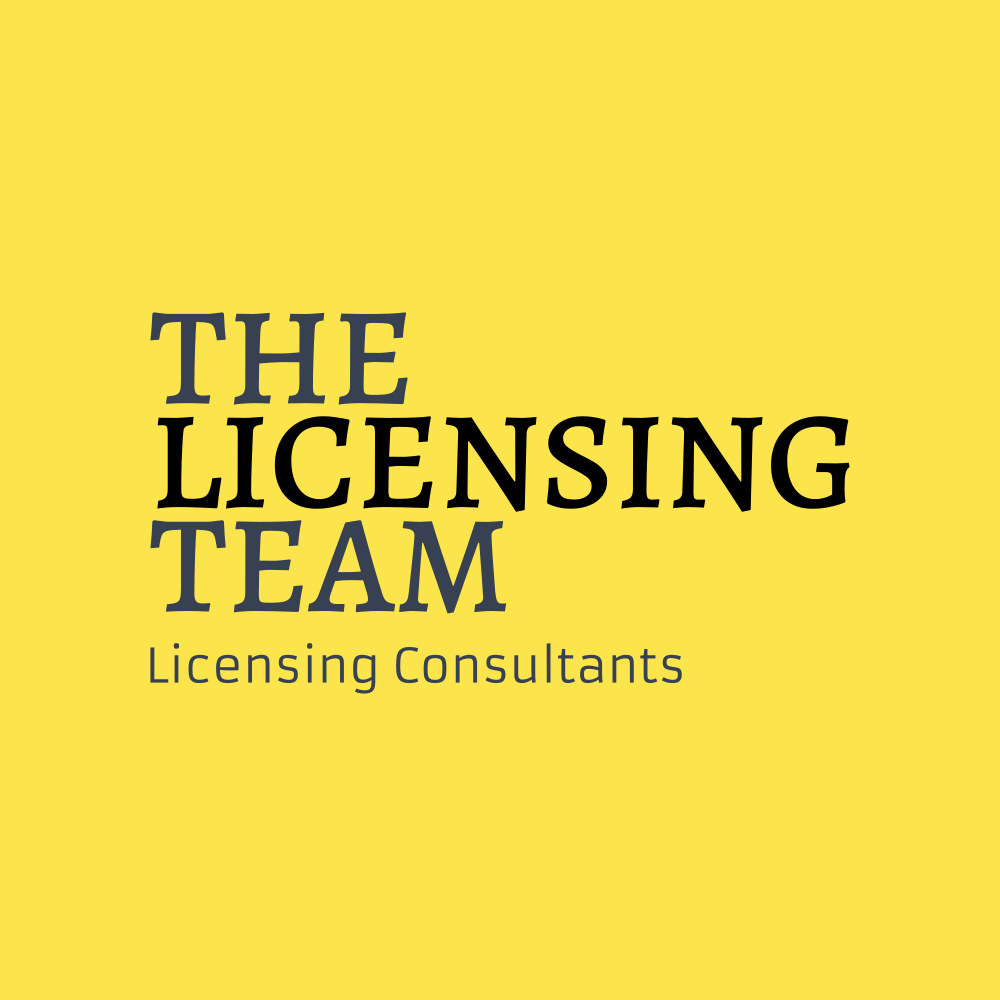Personal Licence Information
Understanding Personal and Premises Licences in the UK
If you're planning to sell alcohol in England or Wales, you’ll likely need both a Personal Licence and a Premises Licence—two distinct legal requirements under the Licensing Act 2003. Here's a comprehensive breakdown of what each licence involves, how they differ, and how The Licensing Team can help you obtain them.
What is a Personal Licence?
A Personal Licence is issued to an individual and authorises them to sell or authorise the sale of alcohol. It is a legal requirement for anyone who wishes to be named as the Designated Premises Supervisor (DPS) on a Premises Licence.
Key Features:
-
Tied to the individual, not a specific premises
-
Portable – valid anywhere in England and Wales
-
Required to be appointed as a DPS, who holds legal responsibility for alcohol sales
-
Issued by the licensing authority in your area of residence
To apply for a Personal Licence, you must:
-
Be 18 years or older
-
Hold an accredited qualification (e.g., BIIAB Level 2 APLH)
-
Pass a criminal record check (DBS)
-
Submit your application, supporting documents, and the £37 fee to your local council
📌 The Licensing Team offers a complete Personal Licence application service — from training and qualification to paperwork and submission.
What is a Premises Licence?
A Premises Licence is a legal authorisation granted to a specific location (such as a pub, restaurant, shop, or event venue) to carry out one or more licensable activities. These include:
-
The retail sale of alcohol
-
The provision of regulated entertainment (e.g., live music, films, plays, dancing)
-
The sale of hot food or drink between 11pm and 5am
Unlike a Personal Licence, a Premises Licence is:
-
Tied to the address of the premises
-
Issued by the local authority where the venue is located
-
Subject to ongoing conditions and annual fees
-
Dependent on a named Designated Premises Supervisor (DPS) if alcohol is sold
Application Requirements:
To apply for a Premises Licence, you’ll need to submit:
-
A completed Premises Licence application form
-
An Operating Schedule (detailing opening hours, licensable activities, and management policies)
-
A detailed floor plan of the premises
-
A DPS consent form (if alcohol is to be sold)
-
Proof of your right to work in the UK
-
Payment of the relevant application fee (based on the non-domestic rateable value of the premises)
-
Public notices posted on the premises and in a local newspaper
Let The Licensing Team Handle Your Application
Whether you’re an individual applying for your Personal Licence or a business applying for a Premises Licence, The Licensing Team offers fixed-fee, expert services that take the hassle out of the process.
🔧 Our Premises Licence Application Service Includes:
-
Expert risk assessment of your proposed activities
-
Full preparation and submission of all documents
-
Drafting and placement of public notices
-
Liaison with responsible authorities (police, environmental health, etc.)
-
Negotiation with objectors, if necessary
💷 Fees start from:
-
£750+vat for a new Premises Licence
-
£500+vat for a full variation
(Excludes disbursements such as newspaper notices and floor plan costs)
Key Differences Between Personal & Premises Licences
| Feature | Personal Licence | Premises Licence |
|---|---|---|
| Who it's issued to | An individual | A business or venue |
| What it covers | Permission to authorise alcohol sales | Permission to carry out licensable activities on-site |
| Scope | Valid at any premises in England & Wales | Only valid at the licensed premises |
| Legal Responsibility | The licence holder ensures lawful alcohol sales | The licence holder ensures premises compliance |
| DPS Required? | Yes – must be a Personal Licence holder | Yes – if selling alcohol |
| Authority Issuing | Council where the applicant lives | Council where the premises is located |
📞 Need expert help?
The Licensing Team has years of experience securing both Personal and Premises Licences across the UK. We provide end-to-end support, fixed pricing, and complete peace of mind.
🖊️ Contact us today to get started on your licensing journey.
